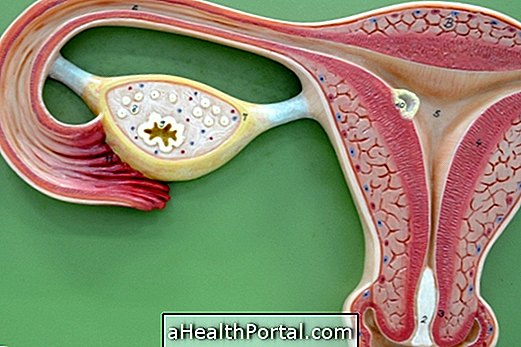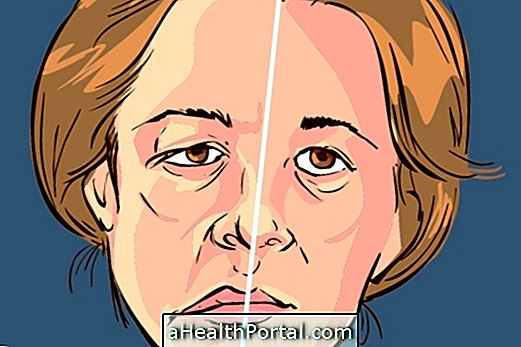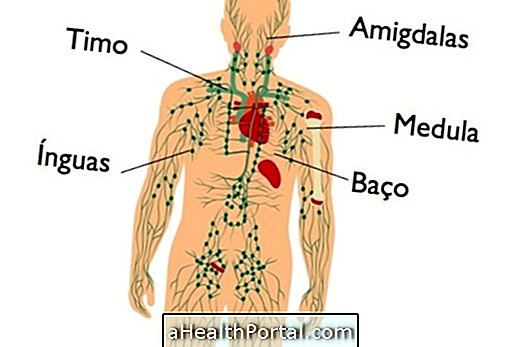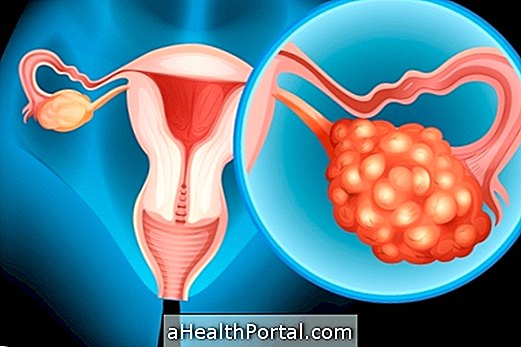Treatment for chlamydia is done with the use of antibiotics as directed by your doctor. During treatment it is recommended that the person does not have any kind of intimate contact and that his partner also follow the same treatment to avoid new infections by the agent causing the disease.
Chlamydia is an infectious disease caused by the bacterium Chlamydia trachomatis and can be transmitted during intercourse. Infection with this bacteria often causes no symptoms, so it is important for a woman to perform routine gynecological exams at least once a year, just as men should go to the urologist.
In addition, to avoid not only chlamydia but also other sexually transmitted diseases, it is important to use a condom in all sexual relations, because when chlamydia is not identified and treated, bacteria can spread to other pelvic organs and cause irreversible damage, such as infertility. Understand what Chlamydia is.

Chlamydia remedies
The most indicated medicines for the treatment of Chlamydia are azithromycin, which can be taken as a single dose, or Doxycycline, which must be taken for 7 days or as directed by your doctor. Other remedies that may be indicated for the treatment of Chlamydia are Erythromycin, Tetracycline, Ofloxacin, Rifampicin, Sulfamethoxazole and Tetracycline, which should be taken according to the medical recommendation.
During pregnancy, treatment of the infection should be done with Azithromycin or Erythromycin.
The medicine prescribed by the gynecologist or urologist should be taken in the dose and during the days indicated by him and during this period it is advised not to have intimate contact and to take the medicines until the prescribed date even if the symptoms disappear before that date. In addition, partners should also be treated even if they do not have symptoms, as this is a disease that only passes from one person to another through unprotected sex.
During antibiotic treatment, drug-related side effects may occur, such as diarrhea. If this happens, continue with the medication, but it is recommended that the person take a bowel flora repository as UL 250, for example. Check out other strategies to combat diarrhea caused by antibiotics.
Signs of improvement or worsening
In people with symptoms of Chlamydia trachomatis infection signs of improvement may be observed after the second or third day of treatment. However, in those who are asymptomatic it may be harder to notice any sign of improvement, although it does not indicate that the person is not being cured. Therefore, it is important in these cases to carry out microbiological culture of the genital region to verify the presence or absence of the bacterium. Learn to recognize the symptoms of chlamydia.
Increased severity of symptoms or emergence of complications, such as infertility for example, can be observed in people who do not perform treatment of chlamydia properly.
Possible Complications
The complications of chlamydia when the disease is not treated properly and are:
- Infertility;
- Pelvic inflammatory disease;
- Inflammation of the urethra;
- Pelvic adhesions;
- Salpingitis, which corresponds to chronic inflammation of the uterine tubes;
- Chronic pelvic pain;
- Ectopic pregnancy;
- Obstruction of the tubes.
In addition, in man there can also be Reiter's syndrome, which is characterized by inflammation of the urethra, severe conjunctivitis, called Trachoma, arthritis and localized lesions in the genitals. Understand Reiter's Syndrome.
Check it further: Chlamydia - Silent illness can cause infertility.
























